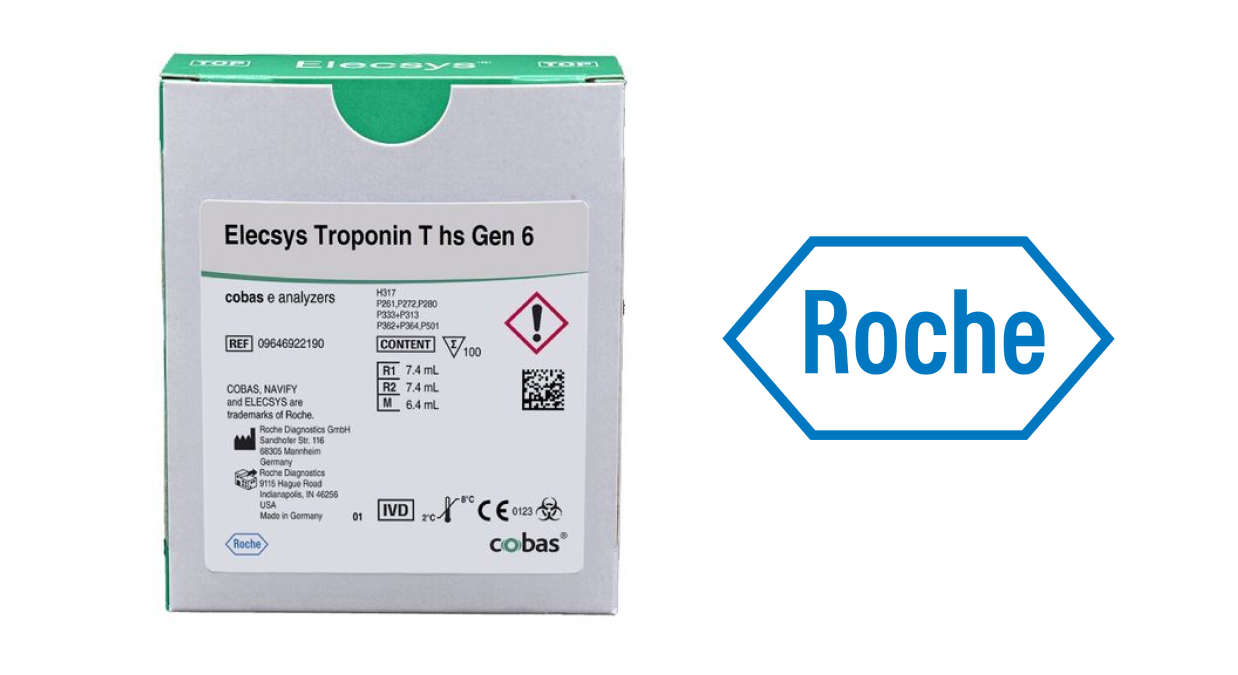New Roche High-Sensitivity Troponin T Test Enhances Heart Attack Diagnosis
Roche’s new Elecsys Troponin T Gen 6 test shows high precision in diagnosing heart attacks, aiding faster ER triage.
Breaking News
Oct 01, 2025
Vaibhavi M.

Roche has released the primary results from its TSIX Study Program, which evaluated the company’s sixth-generation Elecsys® Troponin T high-sensitivity test (Gen 6) for diagnosing acute myocardial infarction (AMI), commonly known as a heart attack. Findings, presented at the European Society for Emergency Medicine (EUSEM 2025) and the European Society of Cardiology (ESC 2025), confirmed that the test demonstrates a high level of precision in identifying and ruling out AMI, supporting faster and more accurate triage in emergency departments. This data follows the test’s recent CE Mark approval in Europe.
"Coronary artery disease continues to place an immense strain on global health systems, particularly in emergency care, where cases of chest pain are among the most challenging presentations to evaluate. Our new test enables clinicians to detect even the smallest elevations in troponin levels – a critical biomarker for heart attack – with high confidence. This ensures that in a situation when every second counts, patients receive the life-saving care they need at the earliest opportunity, and emergency services can prioritise resources to deliver care effectively to those in urgent need,” said Matt Sause, CEO of Roche Diagnostics.
Chest pain is one of the top three causes of emergency department visits, often creating significant stress for patients and straining healthcare systems. However, research shows that only about 10% of patients with chest pain are actually experiencing a heart attack. The challenge lies in quickly and reliably distinguishing true AMI cases from non-AMI presentations to optimize patient care.
With nearly half of European emergency departments reporting frequent overcrowding, Roche’s new Elecsys Troponin T hs Gen 6 test could play a critical role in improving patient outcomes and easing system pressures. By enabling healthcare providers to accurately confirm or rule out AMI faster, the test supports more efficient use of resources while reducing patient uncertainty and anxiety.
